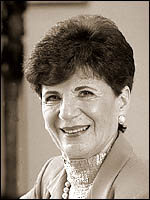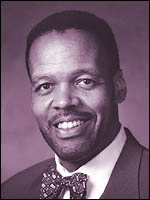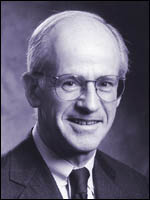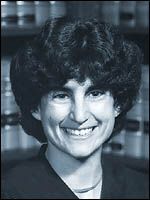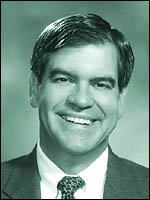The Board of Overseers
The Board of Overseers is one of Harvards two governing boards, the other being the President and Fellows, which is more commonly known as the Corporation. The Overseers’ chief roles are: to visit the graduate schools, departments and museums of the University to insure that the University remains true to its Charter as a place of learning and to the institutional excellence to which Harvard aspires; to provide advice to the Corporation; to give formal consent to major initiatives as referred by the Corporation and to appointments; and to bring a long-range perspective to Harvard affairs through the varied competence and experience of their membership.
The Board of Overseers consists of 30 members elected at large by the degree holders in annual classes of five for six year terms. The President and Treasurer of the University also hold membership ex officio as Overseers.
Members of the Board are expected to serve on one or more visiting committees. Through these committees, Overseers and other non-Overseer members can evaluate the effectiveness of faculties and institutions within the University and provide them with counsel, while keeping themselves informed about teaching, management and research within Harvard and without. The Board of Overseers meets as a whole at least five times a year.
On these occasions, the various standing committees of the Board may present formal reports on their activities, observations and studies. The Overseers receive annual reports from the President and the Treasurer of the University and, in addition, the President discusses with the Overseers a great variety of University problems and plans. Here the Overseers may have their greatest effect, bringing to bear their special expertise, wise judgment and deep interest in Harvard.
For Overseer of Harvard College (five to be elected), in ballot order:
